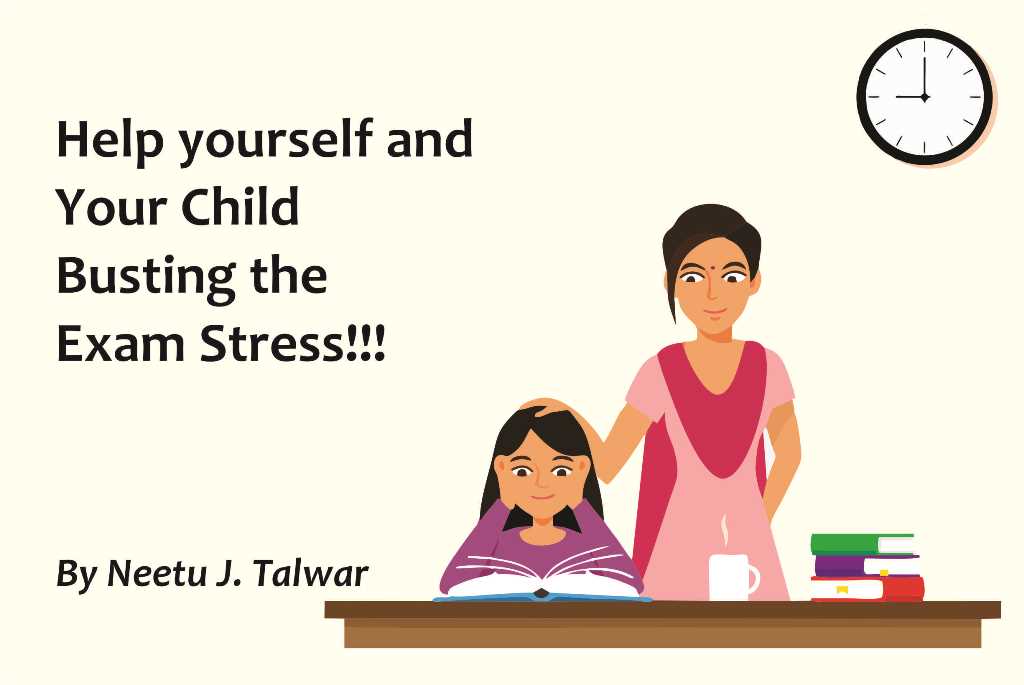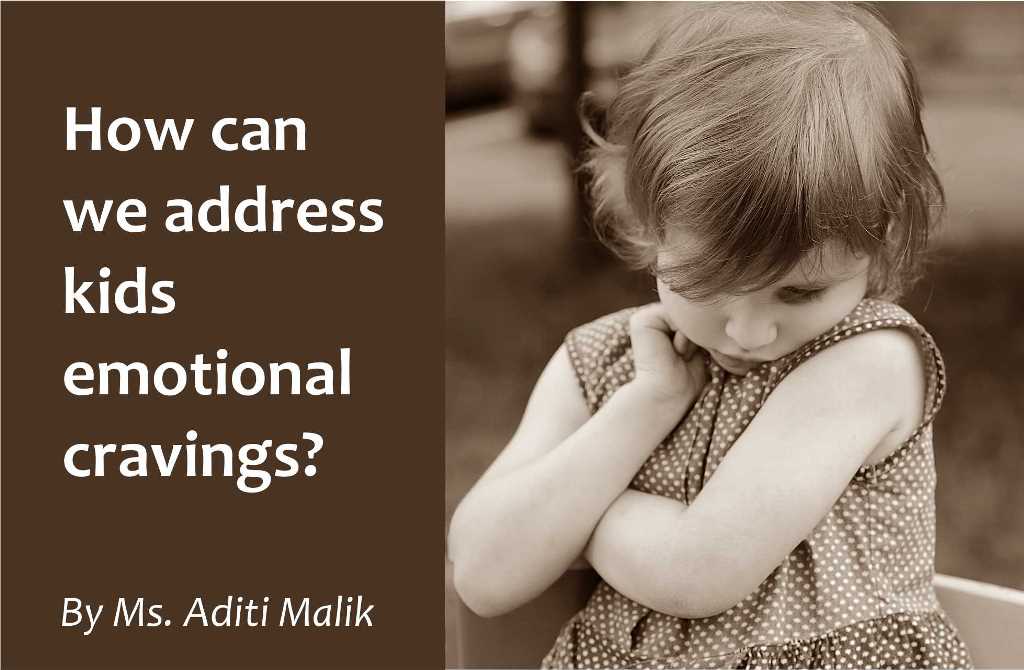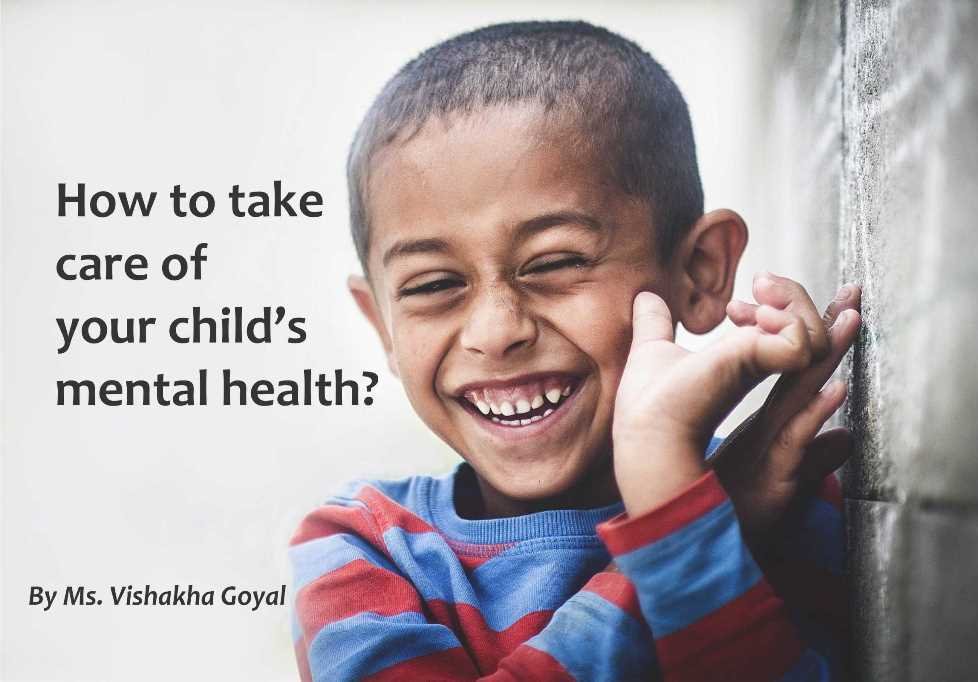Have you ever looked at your child and wondered, Where did they learn that from? The way they speak, handle frustration, or even express joy—so much of it feels eerily familiar, like watching a mini version of yourself. It’s because, in many ways, they are reflections of us. A child is like a mirror, absorbing everything we say and do and reflecting it back to the world in their own unique way.
It’s easy to forget just how deeply connected our children are to us. In the rush of daily life—school runs, homework, chores—it can be hard to stop and recognize the impact our behaviour has on them. But the truth is, our children are constantly learning from us, not just from what we tell them, but from how we live.
Think back to a time when you felt overwhelmed and found yourself snapping at your child for something small. Maybe you were running late, stressed, or simply exhausted. Later, you see your child mimic the same frustration—perhaps with a sibling or a toy. In that moment, it’s easy to feel guilty, like you’ve passed on a negative trait. But rather than being hard on yourself, what if you saw it as a moment of reflection, a gentle reminder that we’re all human and learning together!
Children don’t just reflect our flaws, though. They also mirror our love, our patience, and our kindness. Have you ever watched your child comfort a friend who’s upset or share something without being asked? That’s you shining through. Every act of kindness they show is a testament to the love and guidance you provide, even on the days you feel like you’re falling short.
It’s important to remember that parenting is not about being perfect. It’s about being present and aware. Our children will have their moments of frustration, just as we do. But instead of seeing those moments as failures, we can use them as opportunities to grow—both as parents and as individuals. When your child reflects back your impatience, it’s a chance to take a breath and ask yourself, How can I do better next time? And when they reflect back your joy, it’s a reminder that the love you give is being deeply absorbed.
Parenting is a journey of constant self-discovery. Our children hold up a mirror not just to our actions, but to our inner selves. They show us the parts of ourselves that need healing and the parts that are already strong. This can feel overwhelming at times, especially when we see our own struggles mirrored in their behaviour. But it’s also incredibly powerful because it gives us the chance to model growth, resilience, and self-compassion.
When you’re feeling overwhelmed, remember that every moment with your child is an opportunity to shape not only their future but also your own. Children are resilient and forgiving; they don’t need us to be perfect, they need us to be real. They need to see that it’s okay to make mistakes, to apologize, and to keep trying. When we show them that, they learn to do the same.
So, the next time your child reflects something back to you, whether it’s their laughter or their tears, take a moment to see the connection. Understand that in raising them, we are also raising ourselves. We’re growing, learning, and becoming better versions of who we are. And through it all, we’re building a bond that is rooted not in perfection, but in love, understanding, and endless possibilities.
Parenting is hard, but it’s also the most rewarding journey we’ll ever embark on. Our children, like mirrors, show us not just where we’ve been, but where we have the potential to go. Let’s embrace that reflection, with all its beauty and imperfections, and continue growing together. Let’s learn and grow together.
– Perfectly Placed Pursuits
Dr. Salma Rashiyani.














 EFFECTIVE TIPS TO RAISE KIDS IN A JOINT FAMILY
EFFECTIVE TIPS TO RAISE KIDS IN A JOINT FAMILY




 “Because I said so” is not a good reason to give to a child when they ask you why they shouldn’t do something. Always try to communicate with them and explain to them what might happen if they are misbehaving and why they shouldn’t do certain things. Make them aware of the natural consequences their actions might have, so they can learn and make better decisions for themselves later.
“Because I said so” is not a good reason to give to a child when they ask you why they shouldn’t do something. Always try to communicate with them and explain to them what might happen if they are misbehaving and why they shouldn’t do certain things. Make them aware of the natural consequences their actions might have, so they can learn and make better decisions for themselves later.







